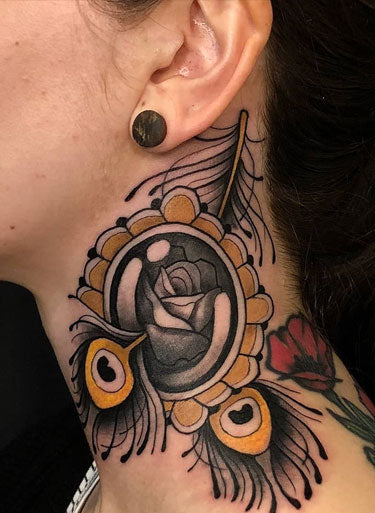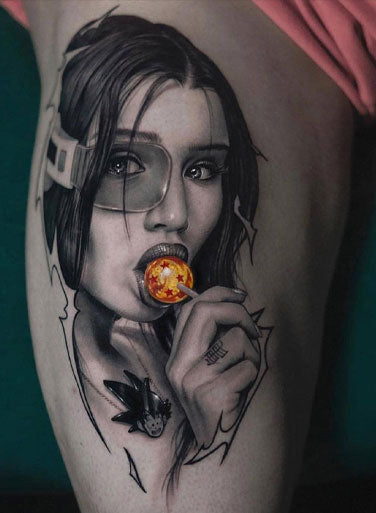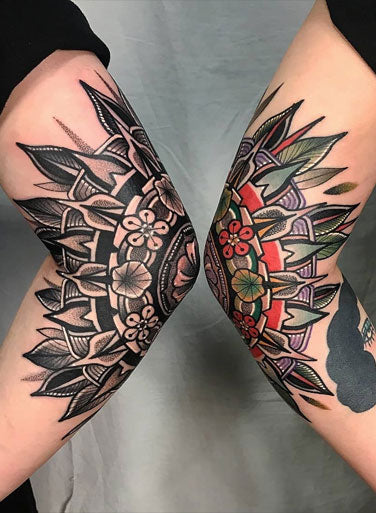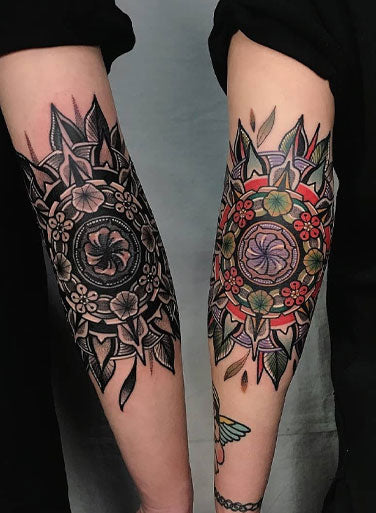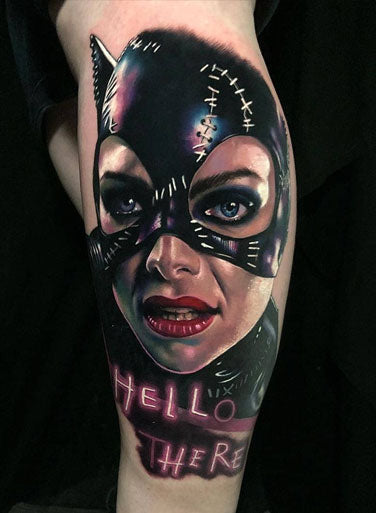The tools a tattooist invests in can be just as significant as rigorous training and nurtured talent. A tattoo machine marks the human skin permanently with aesthetic, and at times, intricate motifs. Just like a painter prefers specific brushes, a tattooist also needs the machines built to their stipulated terms.
To know what is involved in the purchase, please check out the given discussion.
Canvas
A tattoo artist considers the body a blank canvas, and each canvas is different. It has bumps and grooves to work around or integrate. While consultation is a necessity, sometimes, tattooists have to handle walk-in clients, who they have met only once. Thus, they need confidence in their machine along with their own capacity to perform.
Sales Policies
Before buying tattoo machine supplies, it will be beneficial to go through the sales policies. Money and ego cannot make someone an artist. The companies manufacturing top-notch equipment will sell only to professionals. They will see the license and portfolio and then finalise the deal.
Customisation
When a tattooist gains substantial experience within the industry, he/she will want to have a customised machine. Building a custom tattoo machine of course takes time. A job done in haste without proper communication will never generate optimal results.
The maker must know about the different inks and different ways of inserting them into the skin while the artist must convey their requirements.
Lingo
Although none tend to pay much attention, terminology is quite important. Tattoo gun is what amateurs use, and the only apparent difference is one word. Using this word would not strengthen your credibility, so, do not go for a tattoo gun. Instead, go for a tattoo machine. Tattoo gun sounds like something made out of spare parts in a basement.
Pre-Assembled
Quality must never be compromised just because an artist has decided to use a pre-assembled tattoo machine. Someone buying tattoo equipment must already have enough knowledge about the body modification industry and know what exactly they must look for.
Replacing the drawing sheet with a machine would not be as easy as trading canvas and paintbrushes for paper and charcoal. Suppose a graphic designer plans on becoming tattooist. He/she will obviously have to work on human skin in a professional studio first and then buy the machine.
Pre-assembled tattoo machines have a variety of specifications. An artist must be aware of them. He/she must choose the one best suited to his/her style.
Cleaning
The experts selling tattoo machine supplies would agree that hygiene plays a major role in the tattoo studios. Any practice the forces body fluids to leak must be carried out in a strictly hygienic environment. The artist must put on high-grade gloves, use disposable needles, and thoroughly clean their workstation. They must also sterilise their tattoo machines or else there is a high chance of cross contamination and subsequent infection.
When purchasing a tattoo machine, make sure to be as careful as possible. The final outcome of the tattooing session after all primarily depends on it. Remember, the wrong kind can scar the skin permanently, hampering the reputation of the artist as well as the studio forever.


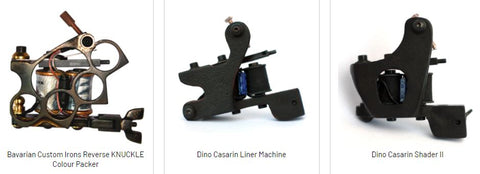




 CustomIronsTattooSupplies
CustomIronsTattooSupplies